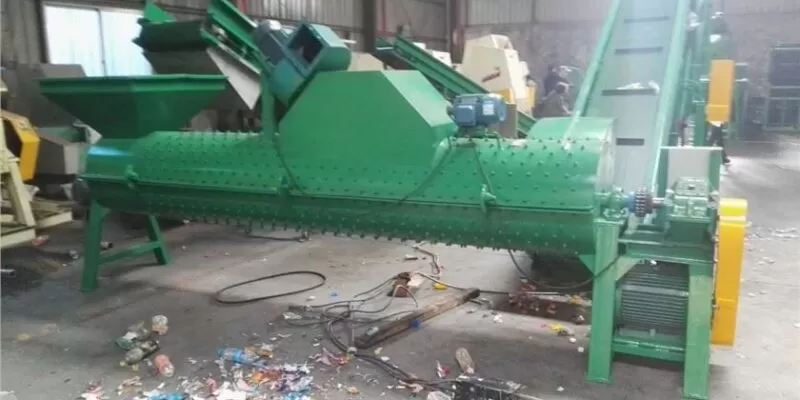Pollution in Indonesia has reached alarming levels, particularly with plastic waste. It’s a pressing issue that affects not only the environment but also the health and livelihoods of millions. So, what’s being done to tackle this problem? Let’s dive into the measures Indonesia is taking to address environmental pollution and improve plastic recycling.

In short, Indonesia is implementing a combination of government initiatives, community projects, and collaborations with international organizations to combat environmental pollution and enhance plastic recycling. But there’s much more to explore about these efforts.
Understanding these measures is crucial for anyone interested in environmental sustainability and waste management.
How is the Indonesian Government Addressing Pollution?
The Indonesian government has been proactive in tackling pollution. They’ve rolled out several policies aimed at reducing plastic waste and promoting recycling. One of the key initiatives is the National Action Plan on Marine Plastic Debris, which aims to reduce marine plastic waste by 70% by 2025.
Additionally, the government has introduced regulations to limit single-use plastics. Cities like Jakarta and Bali have banned plastic bags, straws, and styrofoam. These measures are part of a broader strategy to encourage sustainable practices among businesses and consumers.
What Role Do Communities Play in Recycling?
Community involvement is vital in Indonesia’s fight against pollution. Local communities are increasingly participating in recycling programs and environmental conservation projects. For example, the Bali Green School has a dedicated recycling center where students learn about waste management and sustainability.
Grassroots organizations like Bye Bye Plastic Bags, founded by young activists, are also making a significant impact. They organize beach clean-ups and educational campaigns to raise awareness about the dangers of plastic pollution.
How Are Businesses Contributing to Plastic Recycling?
Businesses in Indonesia are stepping up to the challenge of plastic waste. Many companies are adopting sustainable practices and investing in recycling technologies. For instance, Unilever Indonesia has partnered with local recyclers to improve waste collection and processing infrastructure.
Moreover, startups like Rebricks are turning plastic waste into construction materials. They collect plastic waste and process it into eco-friendly bricks, providing a sustainable alternative to traditional building materials.
What is the Role of International Organizations?
International organizations play a crucial role in supporting Indonesia’s environmental efforts. The United Nations Environment Programme (UNEP) collaborates with the Indonesian government and local NGOs to implement various pollution control projects.
The World Bank has also provided funding for waste management infrastructure and recycling facilities. Their support has been instrumental in enhancing Indonesia’s capacity to manage and recycle plastic waste effectively.
How is Technology Being Used to Combat Pollution?
Technological innovations are at the forefront of Indonesia’s efforts to combat pollution. Advanced recycling technologies are being employed to process plastic waste more efficiently. For example, chemical recycling methods are being explored to convert plastic waste into valuable raw materials.
Furthermore, digital platforms are being developed to facilitate waste collection and recycling. Apps like Gringgo connect waste collectors with households, improving the efficiency of waste management systems.
What Challenges Remain?
Despite significant progress, challenges remain in addressing environmental pollution in Indonesia. Infrastructure for waste collection and recycling is still underdeveloped in many areas. Public awareness about the importance of recycling and waste management also needs to be improved.
Moreover, illegal dumping and inadequate enforcement of environmental regulations continue to pose serious problems. Tackling these challenges requires a concerted effort from all stakeholders, including the government, businesses, and communities.
Conclusion
In conclusion, Indonesia is making substantial strides in addressing environmental pollution and enhancing plastic recycling. Through a combination of government policies, community initiatives, business contributions, and international support, the country is working towards a more sustainable future. However, ongoing challenges highlight the need for continued efforts and collaboration.
That’s it for now! Let’s keep supporting and promoting these initiatives for a cleaner and greener Indonesia.
